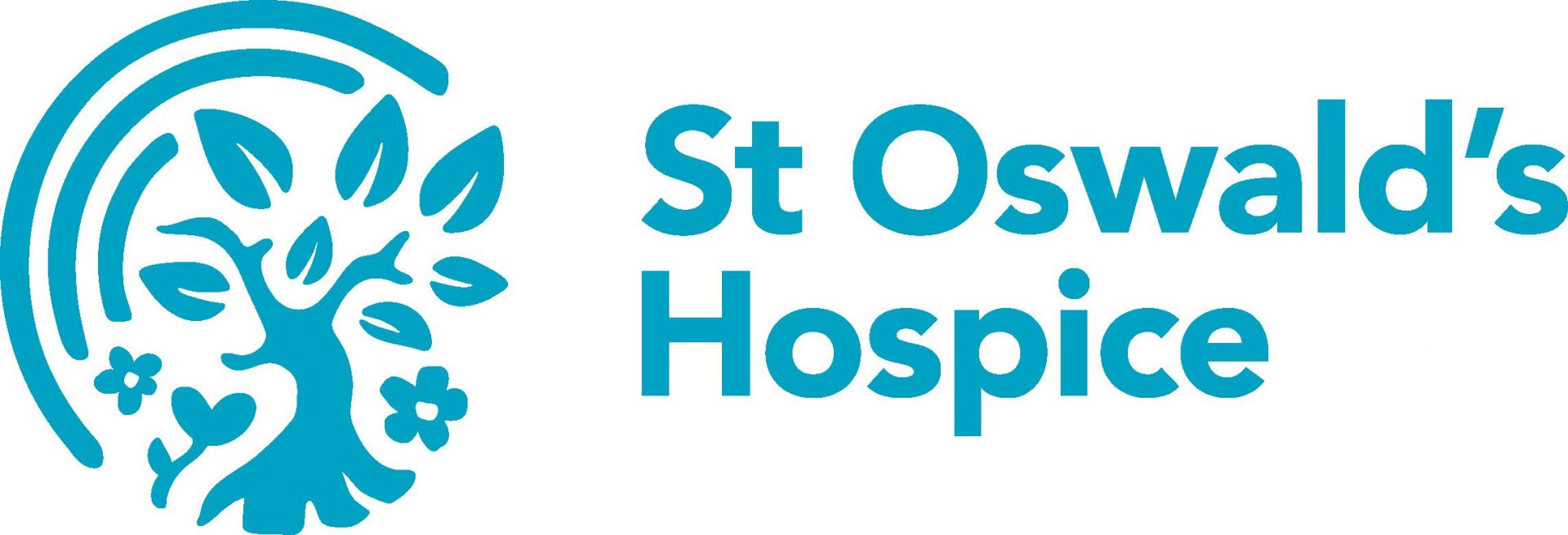Research project - HOPSCOTCH
Helping Optimise Palliative Care Support During Transition from Children’s Hospices
There are more than 86,000 children and young people living with life-limiting conditions in England, with many receiving respite care in children’s hospices.
Thanks to advances in medical care, young people with progressive life-limiting conditions are living longer. However, as they transition from childhood to adulthood, many have less access to appropriate care. This is despite the fact that palliative care is now considered a human right.
At St Oswald’s Hospice, we care for children and young adults from 0-25 years.
General Practitioners (GPs) can play a crucial role in ensuring quality end of life care by reducing emergency hospital visits and supporting personalised care. But most GPs are not involved in the care or transition planning for young people with life limiting conditions. This is mainly due to a lack of knowledge, time, and poor communication systems.
This project aims to encourage more engagement by creating resources to help GPs become more involved in the care of young people with life-limiting conditions – especially during the transition from children to adult services.
The goals are to improve services, reduce inequalities, and use limited resources better.
Project lead: Lucy Ziegler, Professor of Palliative Care, School of Medicine, University of Leeds
Local lead: Dr Joanna Elverson, Specialist Palliative Medicine Consultant at St Oswald’s Hospice
September 2024 – August 2027
Aim:
To create and test interventions that help GPs better coordinate and deliver care to young people with life-limiting conditions and their families.
Objectives:
1. Find ways to improve communication and collaboration between children’s hospices and GPs.
2. Identify practical ways for GPs to engage with young people with life-limiting conditions and their families, while considering the constraints of their services.
3. Co-design a set of resources (toolbox) to support primary care services to engage in the caring of young people with life-limiting conditions.
4. Test the feasibility of using this toolbox in real-life practice with a group of young people transitioning from children’s hospice services.
The study is based on the UK Medical Research Council’s (MRC) framework for developing complex interventions.
The interventions are shaped by two approaches: Experience-Based Co-Design (EBCD), which involves gathering insights from those who receive and deliver care to improve services, and the Behaviour Change Wheel (BCW), a model designed to support behaviour changes by addressing capability, opportunity, and motivation.
As part of the study, there will be a review of what information is currently being shared. Interviews will also be conducted with GPs, hospice staff, young people with life-limiting conditions, and their families to learn what GPs need to know and how they prefer to receive this information.
This 3-year project will share its findings with key groups – young people, parents, healthcare providers, and decision-makers -through events, websites, social media, and academic channels.
